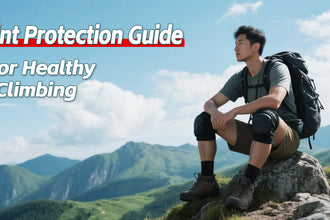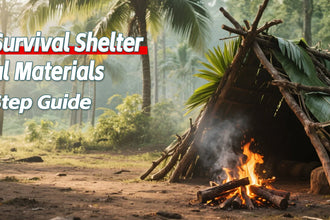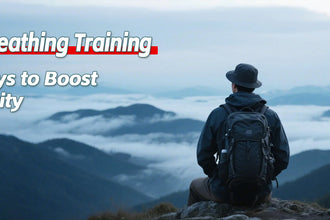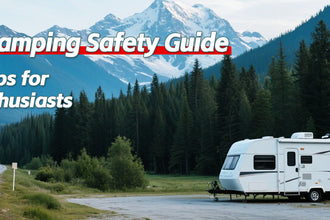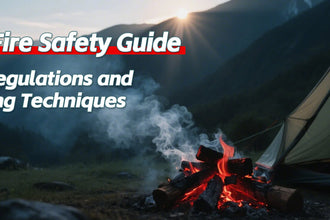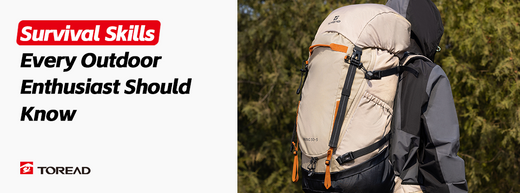

Outdoor enthusiasts, whether experienced or new to the wilderness, should always be prepared for unexpected situations.
Here are some essential survival skills that can make a significant difference in an outdoor emergency:
-
First Aid: Knowing basic first aid can be crucial in treating injuries or illnesses. Learn how to clean and bandage wounds, treat burns, and manage fractures. Understanding how to recognize and respond to more serious conditions like hypothermia, heatstroke, and allergic reactions is also vital.
-
Fire Making: The ability to start a fire is essential for warmth, cooking, and signaling for help. Familiarize yourself with different fire-starting techniques, such as using a fire starter, friction methods like the bow drill, or even a simple magnifying glass.
-
Shelter Building: Knowing how to construct a shelter can protect you from the elements. Learn to use natural materials like branches, leaves, and snow to build a simple shelter that can keep you dry and warm.
-
Water Procurement: Finding and purifying water is critical for survival. Learn how to identify safe water sources and methods to purify water, such as boiling, using water purification tablets, or employing a water filter.
-
Navigation: Being able to navigate without modern technology is important. Learn to use a map and compass, and understand how to read the landscape and use natural navigation cues like the position of the sun and stars.
-
Food Procurement: Knowing how to find or catch food can sustain you in the wild. Learn basic skills like foraging for edible plants, trapping small animals, and fishing.
-
Signaling for Help: In case of an emergency, knowing how to signal for help can be lifesaving. Learn how to use a whistle, mirror, or create a ground signal that can be seen from the air.
-
Weather Awareness: Understanding weather patterns can help you prepare for changes and avoid dangerous situations. Learn to read the sky and recognize signs of approaching storms or other weather changes.
-
Basic Knot Tying: Knots are useful for many survival tasks, from securing shelters to creating tools. Learn essential knots like the square knot, bowline, and taut-line hitch.
-
Mental Preparedness: Perhaps the most important skill is mental preparedness. Staying calm, thinking clearly, and maintaining a positive attitude can help you make better decisions in challenging situations.
Conclusion:
Mastering these essential survival skills can significantly enhance your safety and confidence when venturing into the great outdoors. Whether you're planning a short hike or an extended expedition, being prepared with these skills ensures that you can handle unexpected challenges and emergencies.
By investing time in learning and practicing these skills, you not only increase your chances of survival but also enrich your outdoor experiences. Remember, preparation is key, and the more you know, the more you can enjoy and respect the natural world around you.






